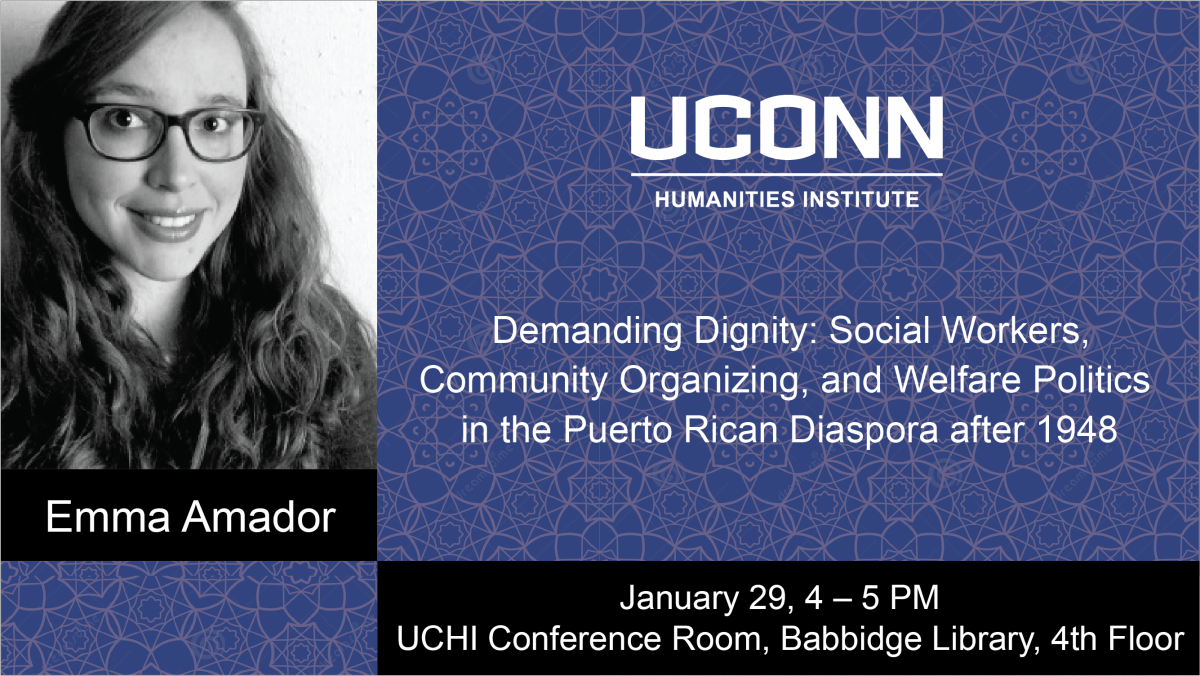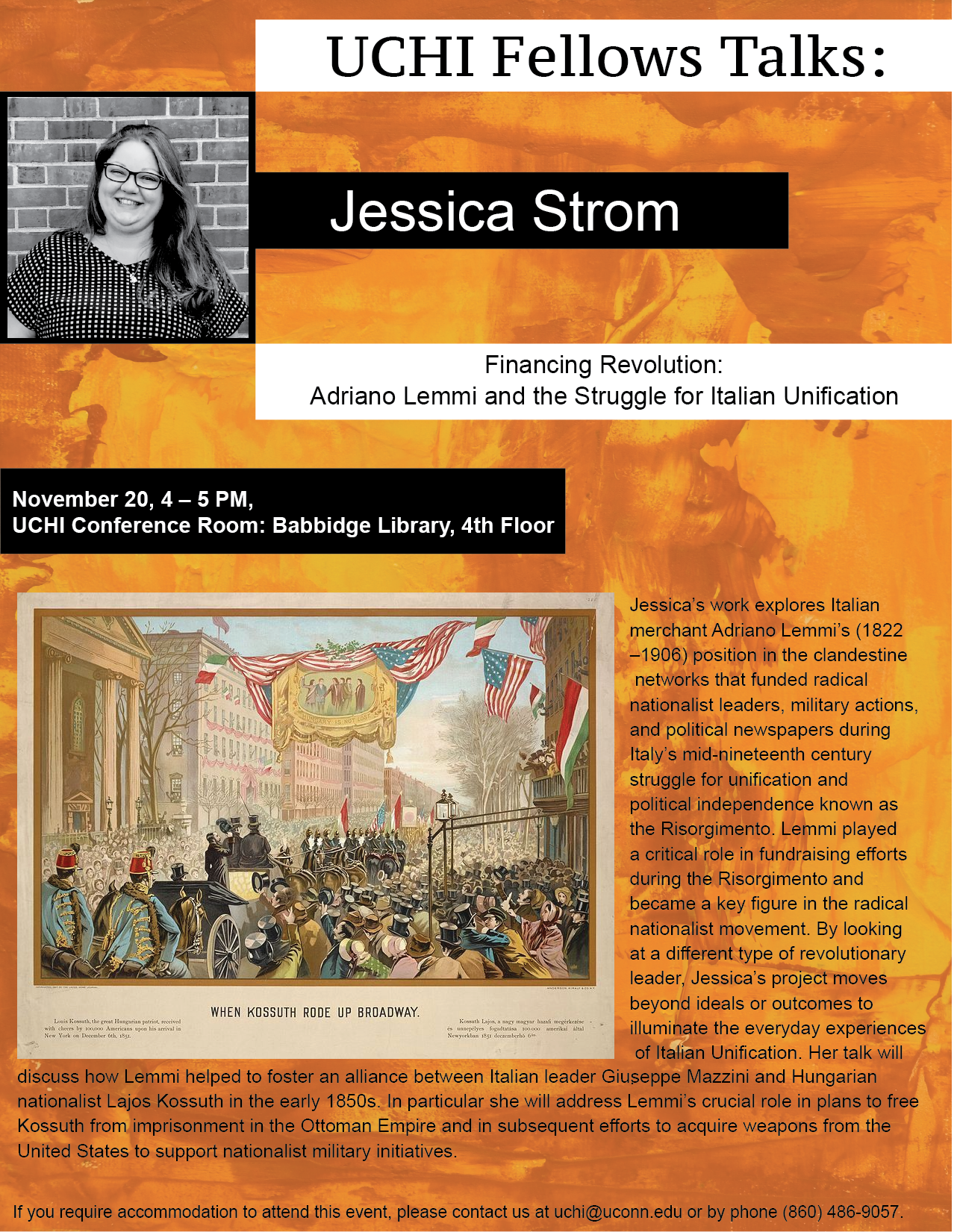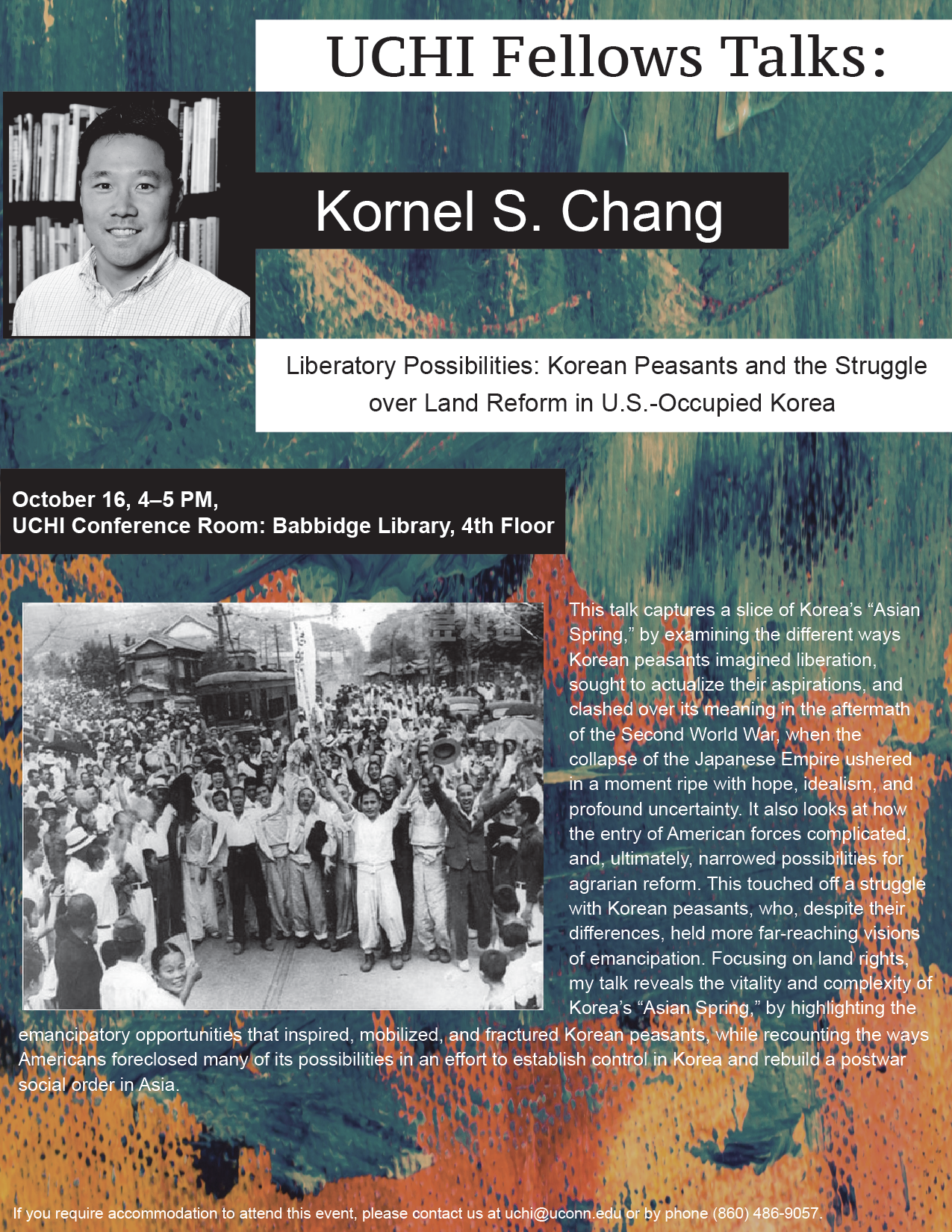How Democratic Should Vietnam Be? The Debate on Democracy in Saigon in 1955
Nu-Anh Tran (Assistant Professor of History and Asian and Asian American Studies)
with a response by Kornel Chang (Assistant Professor of History and American Studies, Rutgers—Newark)
Wednesday, October 21, 2020, 2:00pm (Online—Register here)
The political factionalism in the Republic of Vietnam (RVN, or South Vietnam) often puzzled contemporary western observers, and most accounts attributed the infighting between anticommunists to personality politics and the ongoing struggle for power. In contrast, Nu-Anh Tran argues that the factionalism reflected substantive differences in ideas. Specifically, this presentation will examine the debate between Ngô Đình Diệm’s faction and his rivals in the summer and fall of 1955. Virtually all anticommunists favored democracy, but they defined democracy in starkly different ways, disagreed on the degree of democracy that was suitable given the communist threat, and debated the range of parties and individuals that had a legitimate place in politics. Diệm and his followers were the most illiberal elements in the debate, and their victory over other anticommunists placed on the RVN on the path to hardline authoritarianism.
Nu-Anh Tran is Assistant Professor at the University of Connecticut with a joint appointment in the Department of History and the Asian and Asian American Studies Institute. She is the author of the forthcoming book, tentatively entitled, Disunion: Anticommunist Nationalism and the Making of the Republic of Vietnam, published by the University of Hawaii Press. Her research is focused on the Republic of Vietnam (South Vietnam).
Kornel Chang is Associate Professor of History and American Studies at Rutgers University-Newark. His research and teaching interests include Asian American history, the United States in the Pacific world, and race, migration, and labor in the Americas. His current book project, tentatively titled Occupying Knowledge: Expertise, Technocracy, and De-Colonization in the U.S. Occupation of Korea, examines the role of technocrats and expert knowledge in the U.S. Occupation of Korea.
Registration is required for this event.
If you require accommodation to attend this event, please contact us at uchi@uconn.edu or by phone (860) 486-9057.
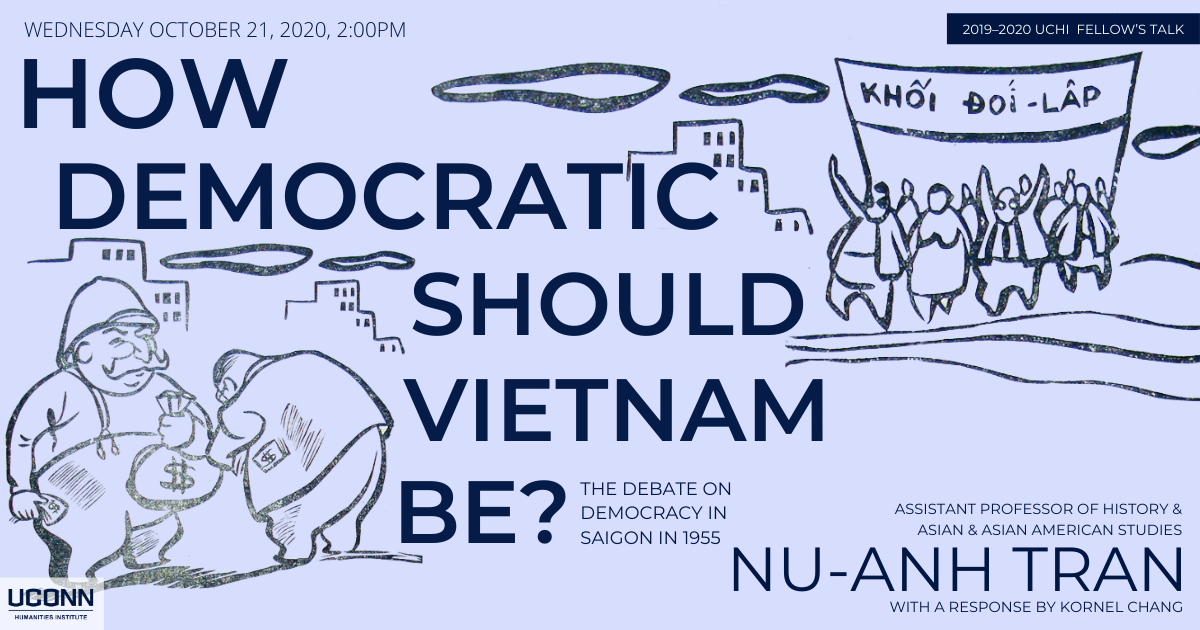
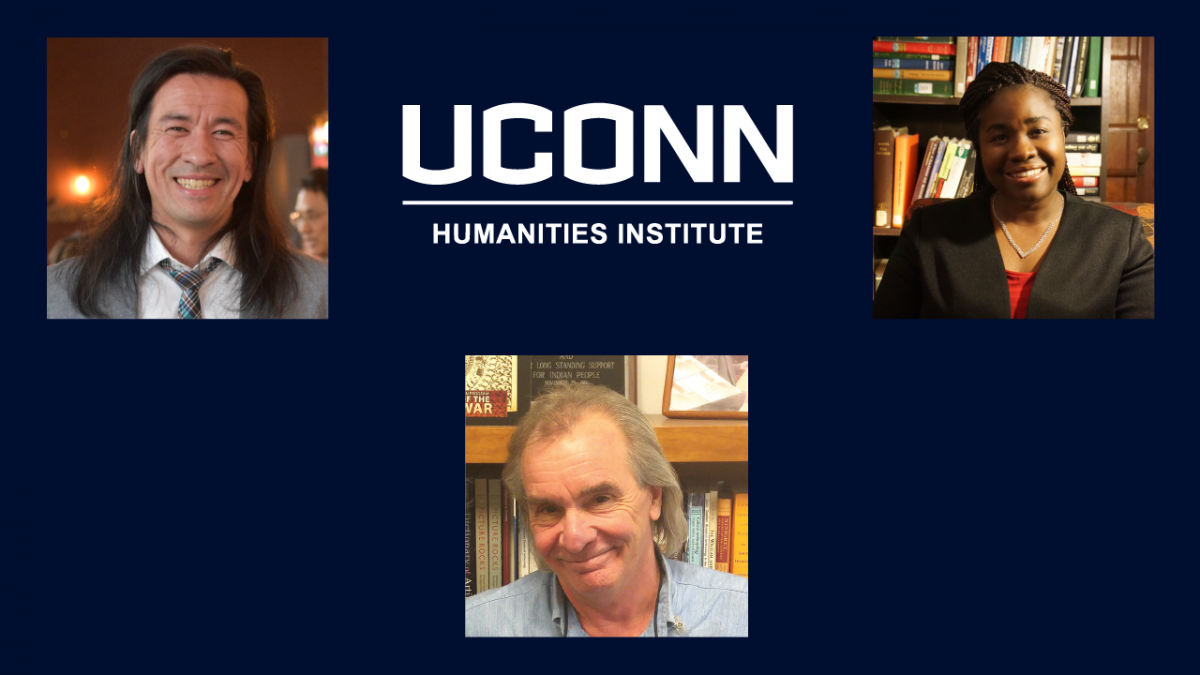
 There is only so much Netflix and Hulu one can watch and replaying Contagion and Outbreak are not the best antidote for COVID-19’s many anxieties. I suggest you find refuge in an
There is only so much Netflix and Hulu one can watch and replaying Contagion and Outbreak are not the best antidote for COVID-19’s many anxieties. I suggest you find refuge in an 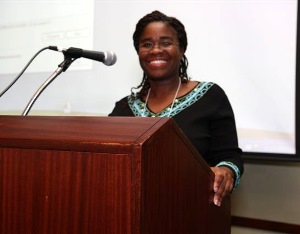 Who is Fiona Vernal?
Who is Fiona Vernal? 